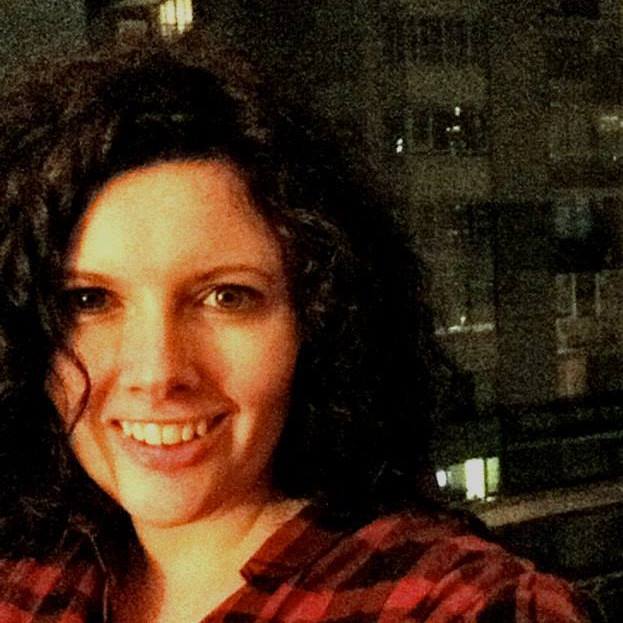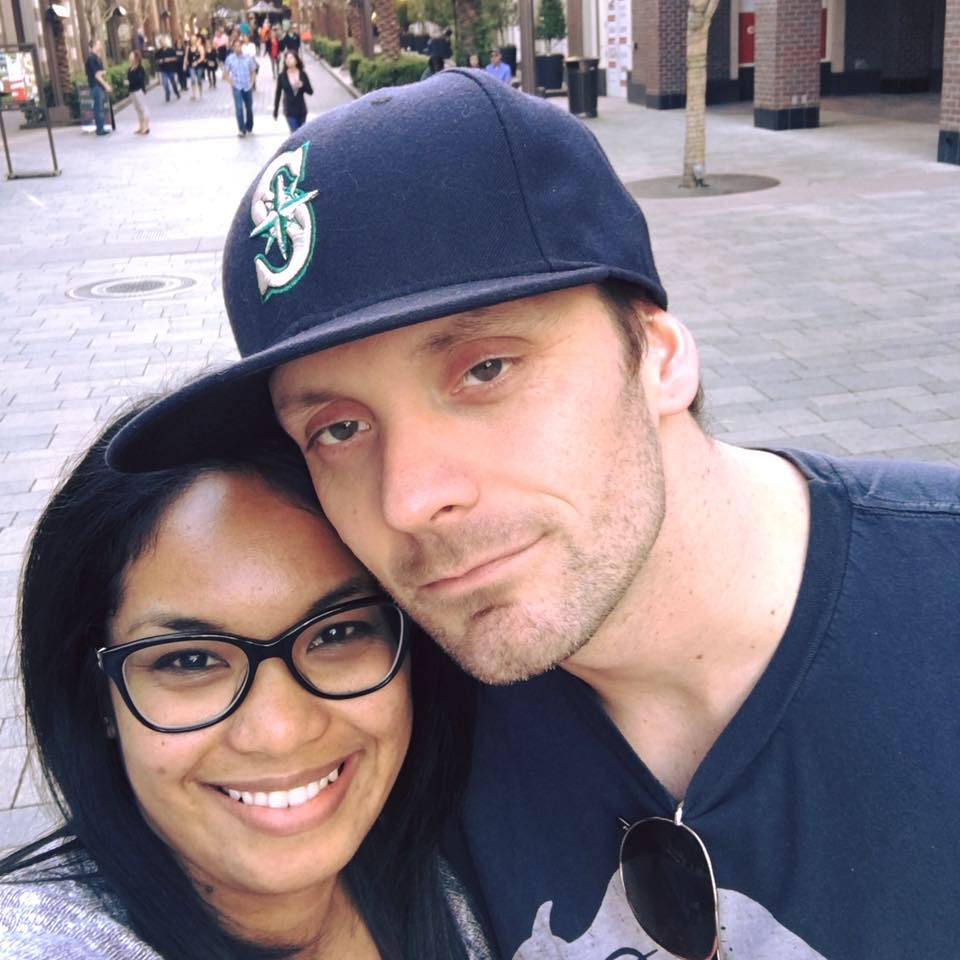Buying a brand new condo, townhome or house?
Pre-sale purchases are very common in some markets. In Greater Vancouver and some of the bigger markets across Canada, where many new home purchases come in the form of condominiums, pre-sale purchases offer a great opportunity to buy your first home, live in a vibrant urban community, and share convenient common amenities with your neighbours.
There are a lot of advantages to pre-sale homes. Notably, you’re the first person to live there! Everything is fresh and new, and you often have an opportunity to work directly with the developer to tailor the unit to your tastes.
The perfect pre-sale mortgage
Mortgages for pre-sale homes aren’t significantly different than mortgages for existing homes—the main difference is the purchasing process. Because you’re agreeing to purchase before the property is fully built, there’s generally more time between when you apply for an initial pre-approval and when you eventually close on your completion mortgage.
Fortunately, Nest Mortgage is with you every step of the way. Starting with this handy guide for pre-sale mortgages. Got more questions? Don’t hesitate to reach out.
Pre-Sale Home Buying FAQ
Don’t believe us? Check this out
Joe Harb
A pleasure to work with. They pre-approved my mortgage and checked in periodically to see how my house hunting was going. When I found the right place, Hub Mortgage Co. were quick with responses and provided information and advice wherever possible. They still continue to check in and see how things are going. Experts in the industry, you can rest easy using their services.
Sarah Richards
As a first time home buyer in the intimidating Vancouver market, I had a lot of questions and fears about the process. Hub Mortgage Co. were with me all the way, helping guide me through everything I was unsure about. They treated me like I was their #1 customer, and not just in the care and attention the paid. They also got me an amazing rate on my mortgage.
Gabby Still
Referred to us by a friend, Hub Mortgage Co. were able to help us out with our mortgage renewal. It being our first time renewing, we had some issues and also a ton of questions that Ray and Merissa took care of without hesitation. We would recommend Ray and his team to anyone who’s looking for a mortgage broker.



